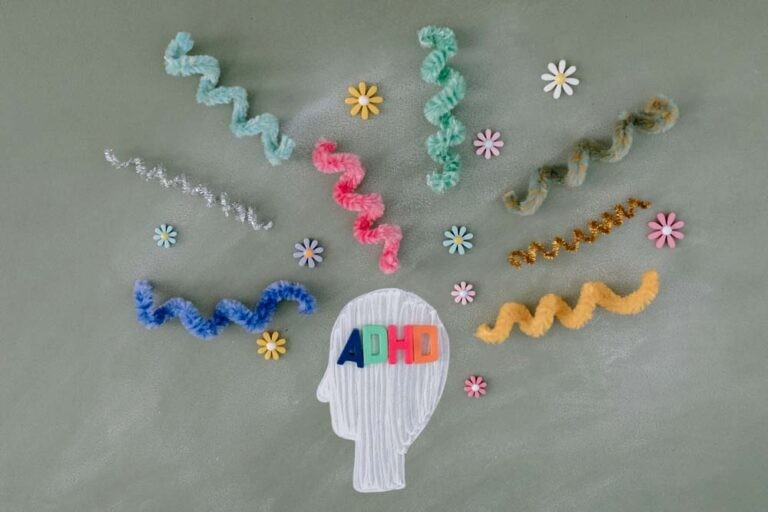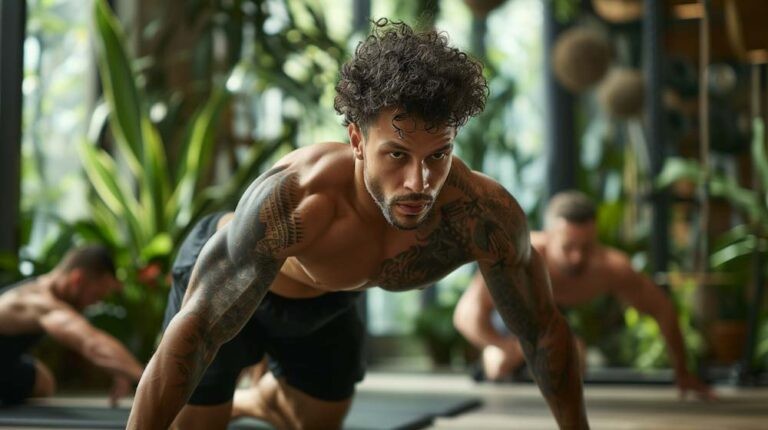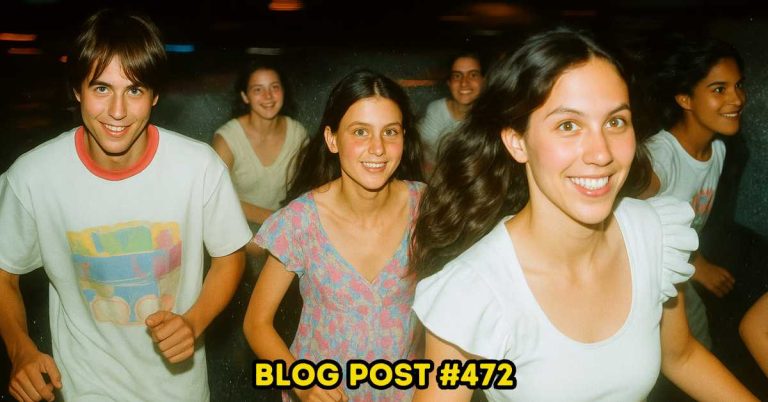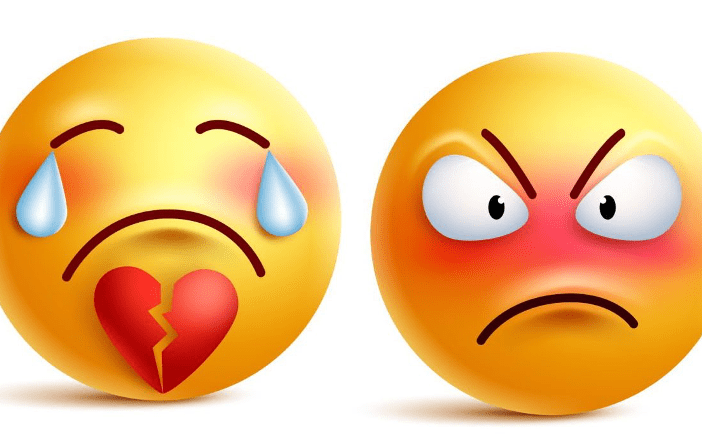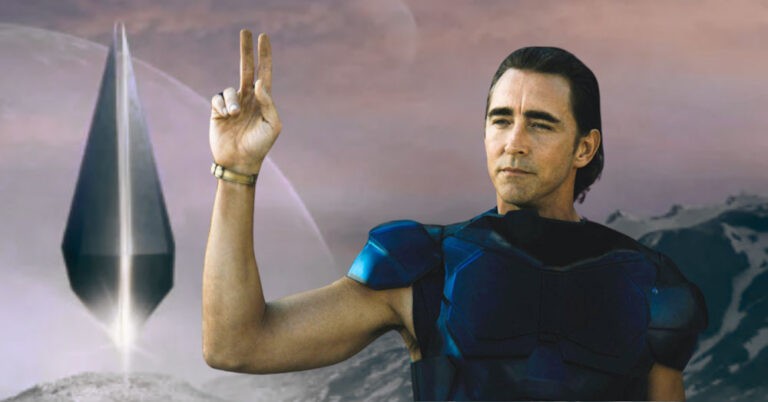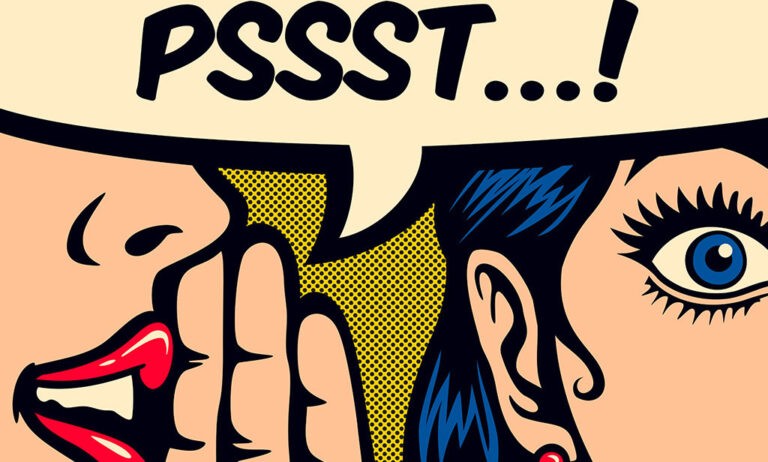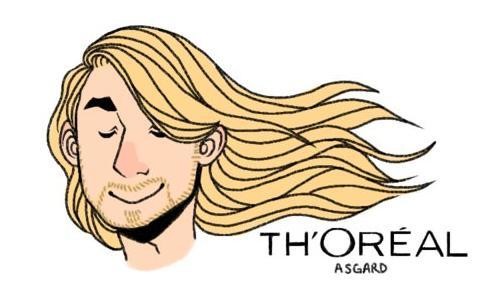
When I first heard that I don’t need to use shampoo, I was skeptical. At that time I was using shampoo almost daily and felt that my hair was fragile and greasy. I was afraid that if I would stop using shampoo altogether that my hair would start falling out.
Fast forwarding eight years, I use shampoo perhaps once every other month, only when my hair gets extremely dirty, most likely due to some external factors, such as because dirt somehow ends on my hair. Surprisingly, my hair hasn’t fallen out. In fact, it looks and feels healthier than ever.
Don’t get me wrong. I still take showers on a regular basis, but I only use water to clean myself. I also wash my hands with soap, brush my teeth, and use deodorants (the roll-on ones, not spray, as spray is said to be back for environment). These four things are essential to maintaining a healthy and prosperous living, but same can’t be said for many other products.
Why We Should Not Use Shampoo
Unfortunately, shampoo is just another product that works on the same principle as we saw with cigarettes. In a short-term, we see a positive results in terms of how it makes us feel: it gives us a pretty and fluffy hair. However, in a long-term, the more we use it the more damage it makes by making our hair fragile and dried up. This is, shampoo removes natural protective oils that are supposed to protect our hair and replaces them with less natural and perhaps less healthy oils that cannot protect our hair as well.
As such, immediately after stopping to use shampoo I felt certain discomfort and even itching on my head. I was about to say goodbye to my hair and to try some last resort fancy hair rejuvenation therapy, but luckily I powered through and realized that all that discomfort I felt was caused by my hair and skin trying to recover their natural shampoo-free state.
Overall, human beings, as well as other creatures, have been walked the earth for millions of years and didn’t use shampoos until very recently. Despite all that, they had healthy and beautiful skin and hair. And while for some people, in some situations, still need to use shampoo, such as me once every other month, in most cases we can altogether remove this product for our lives.
We Were Taught to Wash Our Hair Incorrectly
Even taking showers daily isn’t necessary. Some people think that they need to take them frequently, because they get sweaty, it help them to wake up, it helps with daily stress, or simply because we want to warms up or refreshen up, depending on our daily temperature.
Still, not every type of sweat is bad. As mentioned above, some of it is just our natural oils, so if you have showered recently and you get sweaty, you are likely to still be clean. Indeed, if we are healthy, we eat well, exercise, maintain a balanced lifestyle, and keep a positive attitude, we should be fine completely foregoing shampoos.
Soap is a New Shampoo
Indeed, many health experts attest if favor of not using shampoo, shower gels, cosmetics, and other body cleaning products. Oppositely, they state that these products can do more harm than good, and we could simply use soap to replace shampoo altogether.
Instead, the only reason why some of us never heard this advice, and why it may sound ridiculous, is because most well-intentioned health experts can’t complete with multi-billion dollar industries, which sometimes seem able to convince us to do things that we would otherwise consider.
Don’t Use Shampoo Even if You Have Long Hair
After my 5 years of not using shampoo, I showed my amazing results to all sort of people who were intrigued to see the results first hand. Still, there was some obvious skepticism, with some people raising questions like what if they have long hair, or some other skin or hair related condition.
It terms of most other skin or hair related conditions, we already mentioned that some of these complication are created by these products we use in a first place, and can be cured by simply stopping to use these products.
As for the long hair, originally I didn’t have a good answer for this question, so I decided to make another experiment and grow long hair, until shoulders. At first, managing this hair proved to be unusual, as for example, I needed to bush it, but I still didn’t use shampoo, conditioners, or hair straighteners and my hair was still long and healthy.
A Trip Around Your Local Supermarket
Lastly, as a marketer by education and profession, I long have been interested in different products, how they are promoted, and if we actually need them in the first place. I have accumulated a long list of interesting and, in some cases, criminally scary insights. You see, it is my current understanding that 80% of all products that you will find on the supermarket shelves are completely unnecessary, and in many cases, like that of shampoos, they do more harm than good.
As such, I’m currently composing a full list of products analyzing and discussing their benefits or the harm they are doing. There is more than enough products to make a book, which I’m currently writing. I hoped you already purchased and read Optimal Happiness: The Fastest & Surest Way to Reach Your Happiest Potential, as this next book will complements this current book on happiness.
The bottom line is, we are living in a consumer society and we are working hard to earn money to buy products that we think we need, not realizing that some (many) of these products actually make our lives worse off, and therefore, unhappier. Contrarily, if we could only focus on the products we actually need, we could save a crazy amount of time, money, and mental well-being, which we could reinvest into even more happiness. And this is the goals of all my writing.
Wash, Rinse, Repeat
Words matter and one word can make a word of difference, specially in advertising where one word dramatically changed how we behave and consume. In case of shampoo, advertising altered already well-known instruction of “wash and rinse” by adding a word “repeat.” Thus, wash, rinse, repeat (or sometimes lather, rinse, repeat) was born and it created an infinite loop of consumption, which didn’t automatically translate into infinite use of this product, but it did significantly increate our daily consumption of shampoo.
I say “daily” because “for daily use” is another sequence of word used on many shampoo bottles with the same goal of increasing the products use, and therefore sales. To be perfectly clear, many other words are used in advertising, such as “new,” “original,” and “classical” and they all seem to work, since they are so widely used in ads. Still, ultimately these worlds are just words. Occasionally, marketers will use they in the right context, but more often than not, they are used in with a certain level of ambiguity. Still, when it comes to the shampoo, our behavior seems to be highly influenced by these ads, so now you are aware!
Stay tuned!







